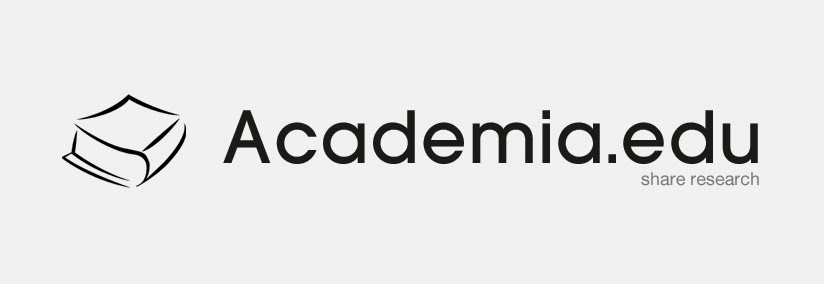The Role Of Information Technology In Improving The Competitiveness Of Small And Medium Enterprises In Gowa District
Abstract
The Ministry of Cooperatives and MSMEs of the Republic of Indonesia stated that the number of MSMEs (Micro, Small, and Medium Enterprises) has a market of up to 99.99% or around 62.9 million business units from all business actors nationally which absorbs labor up to 97% of the total employment. work proportionally. The development of MSMEs is a big change that is felt during the Covid-19 pandemic. During the Covid-19 pandemic, MSME actors must think about surviving for the sake of their business continuity. This condition limits the movement of community activities so that all consumer needs during the pandemic are transferred online. Digital marketing is one way to open communication between potential consumers and sellers, which is done without real-time restrictions. In the current digital era, many business actors do not have a shop directly, but they trade online or through internet media. The contribution of MSMEs to employment, both in developed and developing countries, including Indonesia, has a significant role in overcoming the problem of unemployment. In the current global economic era, business actors are required to make changes to increase their competitiveness. One of the most important factors is an information technology (IT). The use of IT can enhance business transformation with the speed, accuracy, and efficiency of exchanging information on a large scale. MSMEs are said to have global competitiveness if they can carry out their business operations in a reliable, balanced, and high-standard manner.
Keywords
Full Text:
PDFReferences
Arianto, B., 2020, Pengembangan UMKM Digital di Masa Pandemi Covid-19, ATRABIS: Jurnal Administrasi Bisnis, no 2, vol 6
Badan Pusat Statistika. Analisis Hasil SE2016 Lanjutan; Potensi Peningkatan Kinerja Usaha Mikro Kecil. Jakarta: Stastics Indonesia, 2019.
L. H. Novadjaja and A. D. Ikhram, “Laporan Penelitian :Dampak Gaya Kepemimpinan Transformasial dan Budaya Organisasi terhadap Kinerja Karyawan UMKM MElalui Mediasi Pembelajaran Organisai,” Malang, 2020.
Stelzner, M. (2012, April). How Marketersare Using Social Media to Grow TheirBusiness
Susanti, E., 2020, Pelatihan Digital Marketing dalam Upaya Pengembangan Usaha Berbasis Teknologi pada UMKM di Desa Sayang Kecamatan Jatinangor, Sawala: Jurnal Pengabdian Masyarakat Pembangunan Sosial, Desa, Dan Masyarakat, no 2, vol 1.
Suwarni, E., Sedyastuti, K., & Mirza, A. H., 2019, Peluang dan Hambatan Pengembangan Usaha Mikro Pada Era Ekonomi Digital, Jurnal Ikraith Ekonomika, no 2, vol 2
Kannan, P. K., & Hongshuang, L. (2016).Digital Marketing: A Framework,Review and Research Agenda.International Journal of Research in Marketing .
V. Z. Atina and A. Y. Mahmudi, “Analisis Usia Dan Latar Belakang Pendidikan Terhadap Kesiapan Sdm Industri Ceper Di Era Revolusi Industri 4.0,” J. Educ. Econ., vol. 02, no. 04, pp. 495–500, 2019.
V. Z. Atina, A. Y. Mahmudi, and H. Abdillah, “Industry Preparation In Ceper Klaten On Society 5.0,” Int. J. Econ. Bus. Account. Res. Peer, vol. 2021, no. 2, pp. 39–47, 2021.
Wardhana, A. (2015). Strategi Digital Marketing dan Implikasinya pada Keunggulan Bersaing UKM di Indonesia
W. N. Enazuarni, “Umkm Dan Penguatan Ekonomi Keluarga (Studi Kasus Pada Usaha Tahu Rebani di Desa Aikmual),” Universitas Islam Negeri Mataram, 2020.
DOI: https://doi.org/10.21107/mediatrend.v17i2.17245
Copyright (c) 2022 Media Trend


















